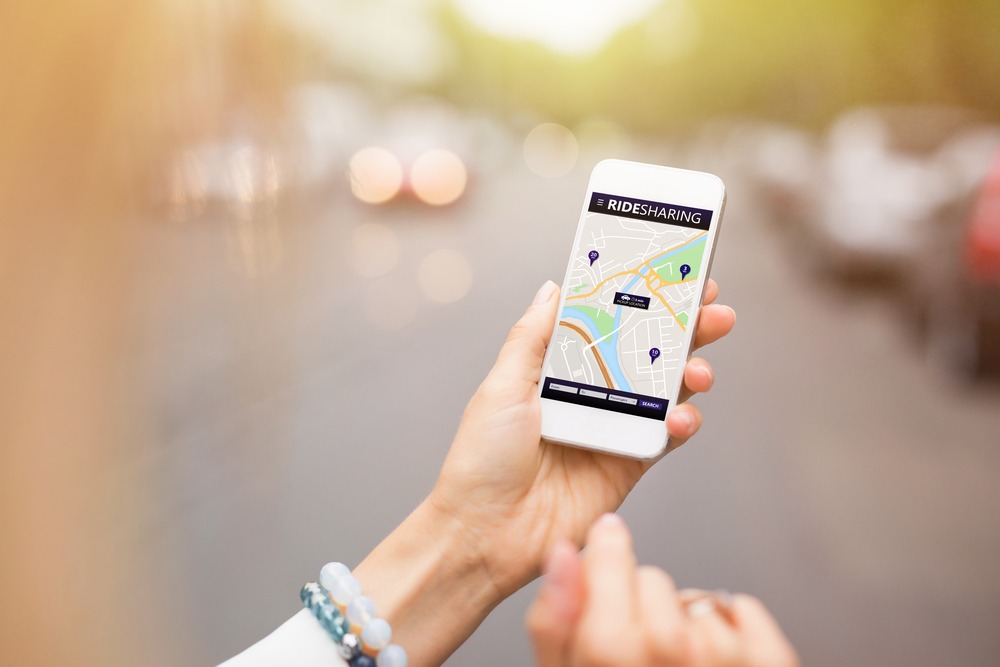
Alaska Gov. Bill Walker recently signed legislation making it legal for rideshare services, such as Lyft and Uber, to operate in the state and clarifying state insurance laws for rideshare drivers.
In addition, the law establishes rules for labor, defining rideshare drivers under the law as independent contractors. They must undergo background checks and comply with drug-substance abuse and other policies.
Independent contractors are not eligible for workers’ compensation.
“Public safety is a priority and we made sure important safeguards are in place,” Sen. Mia Costello (R-Anchorage) said. “Ridesharing will also improve safety on the roads – as they have in other states – by reducing the number of DUIs.”
This provides job opportunities for Alaskans and improves access to transportation for underserved areas, Costello said.
The law was applauded by Property Casualty Insurers Association of America for clarifying insurance coverage for Transportation Network Companies.
Rideshare services will begin operating in Alaska this month. More than 28,000 Alaskans have already installed ridesharing apps on their smartphones.
Vermont and Oregon are currently the only states that have not established rideshare insurance gap laws. Earlier this year, Florida, New Jersey, New York and Wyoming enacted laws similar to Alaska’s, and Connecticut has legislation awaiting the governor’s signature.